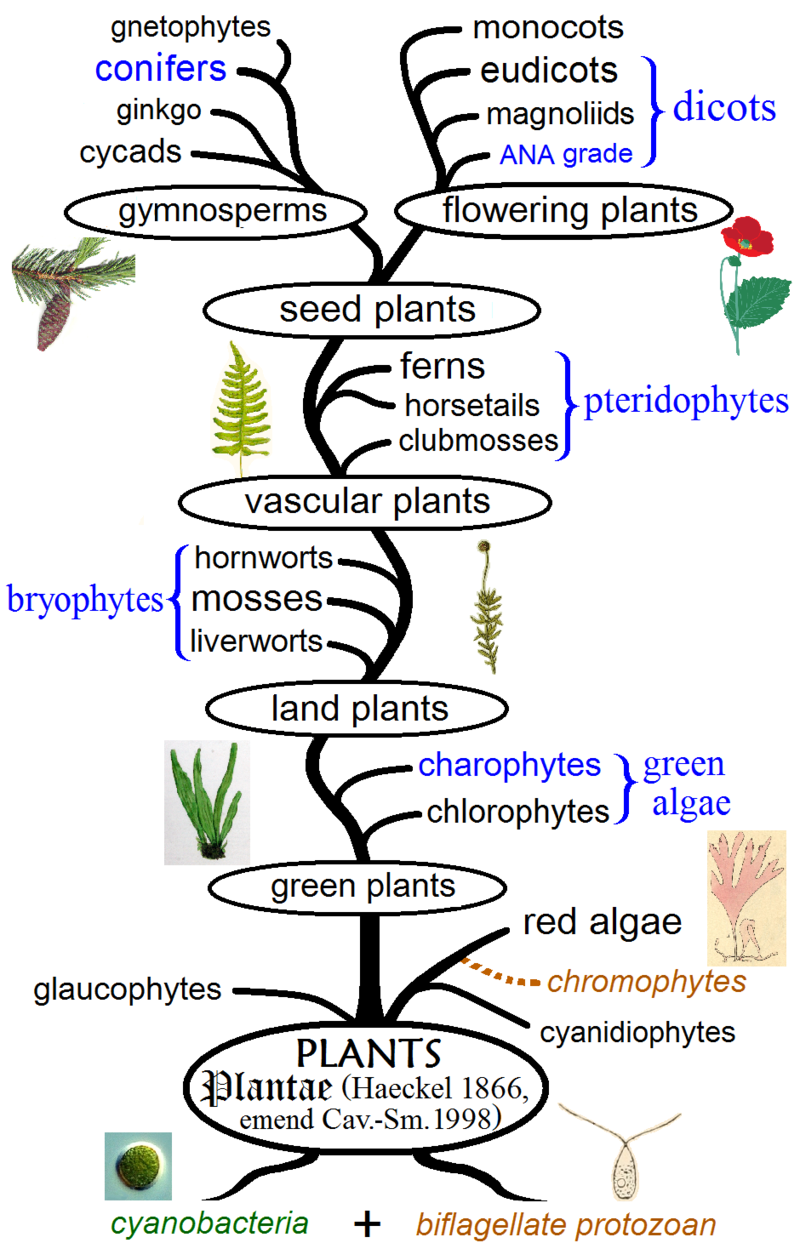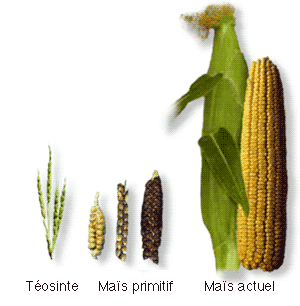This is a stupid reply. I was addressing scientific peer reviewed studies. So, in order to make it look more undestandable: what criteria do you use to reject scientific peer reviewed research is some area and not in others?
Well, it's really simple.
Most Published Research Findings Are False, so generally simply someone posting a peer-reviewed scientific paper means nothing. However, if the person is serious, I may ask about the randomization procedure that was used. You see, 80 percent of non-randomized studies are later convincingly refuted. So if the person cannot answer how the randomization process took place, the peer-reviewed research (yes, the hyphen is required) is immediately considered to have a P(H) of 0.2 as an
a priori probability. Then the research is evaluated to determine whether the claim, even if it were true, would lead to the conclusions claimed by the poster. In most cases, the answer is a resounding no. So, unless I am trapped in a burning house and this hypothesis is my only chance of survival, I'm not likely to give it much more than an amused tilt of the head.
And what is the next logical step after you found out you can afford it? Do you google around to check common people feedback or scientific feedback?
You want me to boil down all of prescriptive decision theory to a one-liner that you can try to wrap your head around? All right. Let's do a sample decision theory on cancer treatment.
Let's imagine that you have malignant melanoma. Your doctor has suggested chemotherapy. You would like to determine whether this is a good idea. You might start by noting that
chemotherapy is only 2.1 percent effective according to some peer-reviewed research. You might also note that some articles indicate that
Chemotherapy...doesn’t work as well against melanoma as it does in some other types of cancer. You will then make a table:
Chemotherapy works - cost
Chemotherapy doesn't work - cost
So if the chemotherapy works, you will likely gain an additional 120 days of life. The cost is around $5,400. Then you will need to factor in whether your insurance will cover some or all of that cost. If the chemotherapy doesn't work, then you'll end up puking out your guts for awhile and feeling very bad with no gain in life and a cost of $5,400.
The question now is whether the chance of getting an additional 120 days of life is worth $5,400 (less insurance coverage) and of course the discomfort associated with chemotherapy.
This is a subjective decision. One person might figure that he wants to live as long as possible to see his grandchild born whereas another person will not make that decision.
This is the essence of decision theory. You estimate costs and benefits and try to make a rational decision in the face of uncertainty.
Now let's consider whether you want to take resveratrol for cancer. There are 17,600 studies that indicate that resveratrol indicates apoptosis in cancer. The cost of even the best resveratrol (Longevix) is only about $32 a bottle. It is unlikely, however, that your insurance will cover any of this. On the bright side, no one has suffered nausea and vomiting from resveratrol so that's a plus. Then you put that in a decision matrix and work on that. Personally, from my point of view, the fact that resveratrol is substantially cheaper than other options and contains less severe side effects is a good indication that this is a good bet.
Why is this so hard to understand?
Look at it this way. If someone comes up to you and says, "If you say slooweebob three times tonight, an alien will come to visit you within the next 12 months and give you $100 million," even though your personal belief in the truth of that statement is quite low, there is a good argument to be made in favor of saying slooweebob three times because A) the cost to you, if wrong, is nothing and the benefit, if right, is great.
I can only base my knowledge on your examples. And they are, honestly, trivial even without multiple choices. If they are all like that, it is ming boggling that there are organization asking money to prepare people to pass it.
Well, most people think the test is going to be easy. So they come in and take a free test and score in the 350 range. They know that the median applicant to the university they want to go to is scoring 710. So they think that they must score 710 or better to have a 50 percent chance to get in. This is false, but you cannot dissuade these people (nor should you try). Then you charge them a lot of money, help them get their scores higher, and move on to the next. That's the system.
Nope. I ask how much they cost. And usually their cost is proportional to them having an MBA or not. Not to their ability to solve problem which in most cases do not show any obvious list of choices.
Again, if you believe in science, then you should believe that a good GMAT score correlates well with the student doing well in the study program. I will be the first one to point out that correlation is
not causation. Nevertheless, this system has been independently accepted by dozens of universities based on their own internal, proprietary information. They probably know something that I don't.




